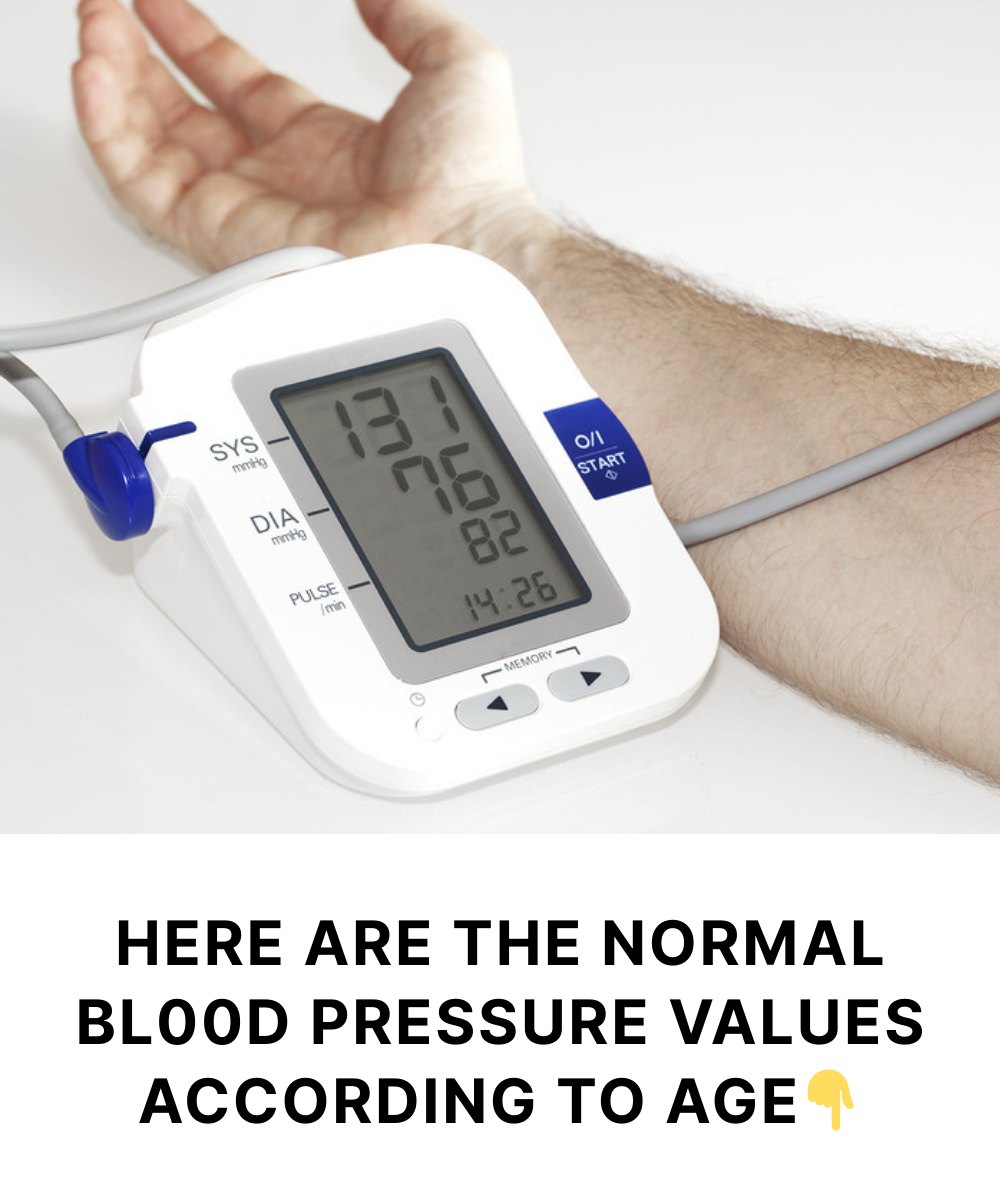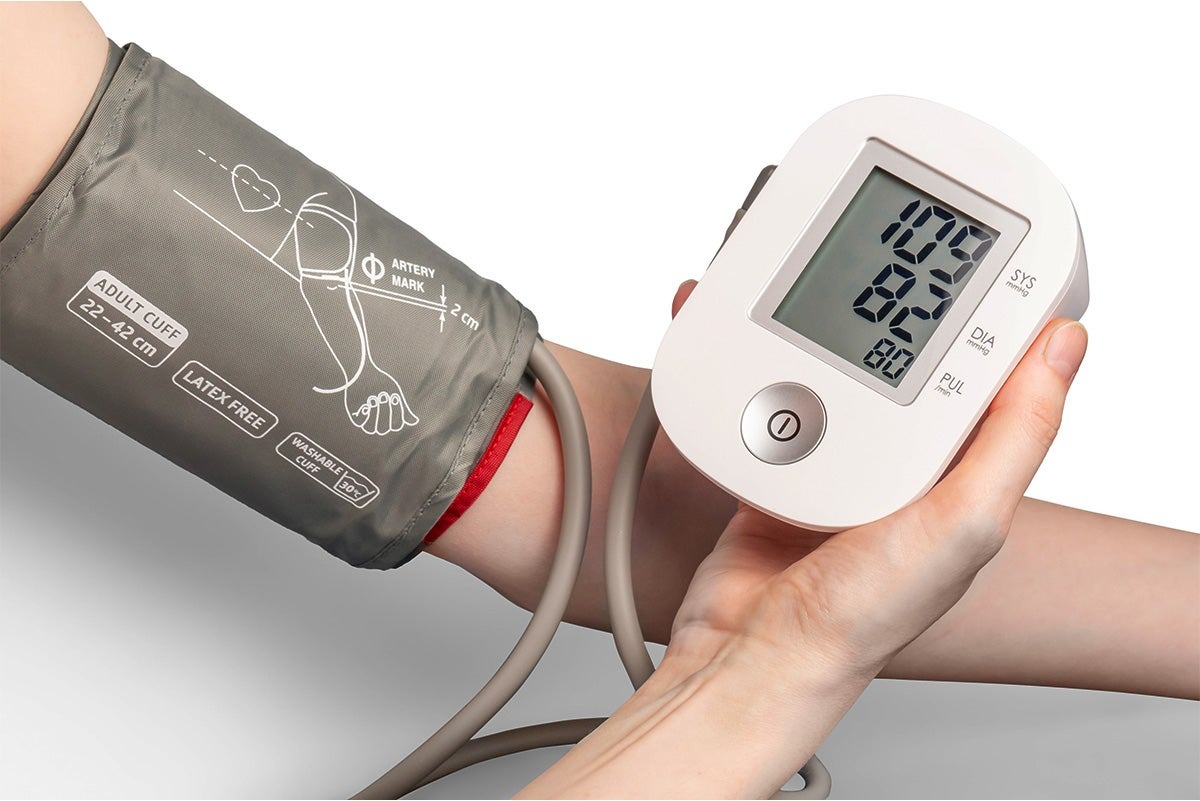
We all know that little moment of tension when the cuff of the blood pressure monitor starts to inflate… But should you really worry if it reads 135? And is it normal for the numbers to creep up with age?
The good news: we’ll break it down clearly. Because yes, blood pressure does change over time—and no, it’s not always something to stress about! Here’s what you need to know to stay calm and confident.
Understanding blood pressure: what the numbers actually mean
Think of it as the weather forecast for your circulatory system: blood pressure measures how strongly the blood pushes against artery walls. It’s expressed with two numbers:
Systolic (the top number): the pressure when the heart contracts.
Diastolic (the bottom number): the pressure when the heart relaxes.
The often-quoted “120/80 mmHg” is a reference point, but not a rigid rule. Age, lifestyle, and stress levels all play a role. So before hitting the panic button, let’s look closer.

What’s considered normal: useful markers by age
As we get older, arteries naturally lose some flexibility. That’s why blood pressure may rise slightly with age—and that’s not automatically a bad sign. Here’s a general guide:
Age: 18–29 – Normal blood pressure (mmHg): 115–120 / 75–80
Age: 30–39 – Normal blood pressure (mmHg): 120–125 / 78–82
Age: 40–49 – Normal blood pressure (mmHg): 125–130 / 80–85
Age: 50–59 – Normal blood pressure (mmHg): 130–135 / 80–86
Age: 60–69 – Normal blood pressure (mmHg): 135–140 / 85–88
Age: 70+ – Normal blood pressure (mmHg): Up to 140–145 / 85–90 (acceptable)
These figures are guidelines, not final verdicts. Only a healthcare professional can give a tailored assessment.
When should you be concerned?
Hypertension usually starts being discussed at “140/90 mmHg.” Below “90/60 mmHg,” we enter low blood pressure territory, which can also bring symptoms like fatigue and dizziness.
But remember: one single reading doesn’t tell the full story. Trends over time matter more. A slightly high reading after a stressful day? Nothing to panic about. If it happens regularly, though, it’s best to talk to your doctor.

Why blood pressure rises with age
It’s a bit like an old garden hose: stiffness builds up with time.
Arteries lose elasticity.
The heart has to work harder to pump blood.
The body becomes less efficient at regulating pressure.
That’s why a modest rise in blood pressure after 60 is often considered acceptable—provided there are no other risk factors and you feel well overall.
5 simple habits to keep blood pressure balanced
No need to live like a monk to protect your heart! A few easy lifestyle tweaks can go a long way:
Favor vegetables and cut back on salt—herbs and spices can bring the flavor.
Stay active: even a brisk 30-minute walk daily makes a big difference.
Prioritize good sleep: quality rest helps stabilize pressure.
Go easy on stimulants: coffee, tea, and alcohol are fine in moderation.
Make it routine: check your blood pressure regularly at home or at the pharmacy





